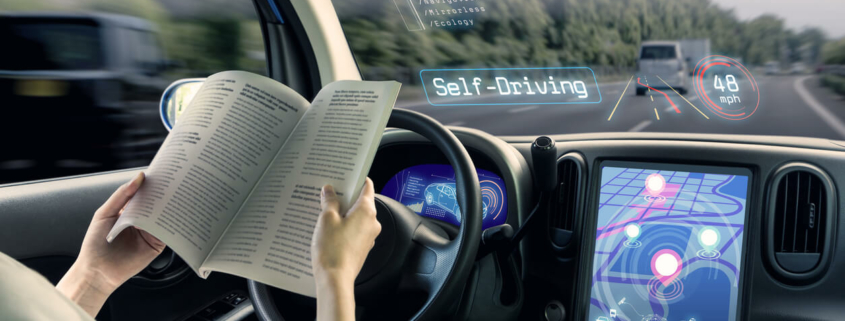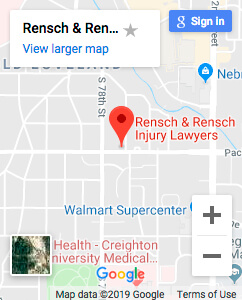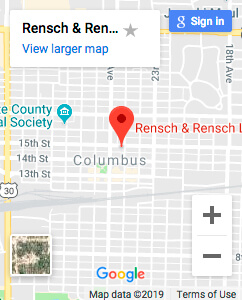First Public Test of Self-Driving Cars is on the Horizon
OMAHA, Nebraska. Self-driving cars are generally portrayed as a technological leap that will happen long into the future. However, in a city called Chandler, Arizona, in just the next few weeks, residents will be able to hail driverless cars. According to the Atlantic, the program is known as Waymo One, and it will be the first time driverless vehicles will be available on the road commercially.
The cars that will hit the road in coming weeks are the products of decades of research and innovation. The data inside a single driverless car exceeds the knowledge any single person can have of a road. The hours driverless vehicle technology has logged exceeds that of long-haul truck drivers. Still, there are deep concerns about the technology and about how driverless vehicles might interact when sharing the roads with public drivers, bikers, and pedestrians. We already know that driving isn’t entirely safe. Approximately 40,000 people each year die in car accidents. The big questions technology companies are asking as they move forward is this: are self-driving cars safer than humans? It is expected that self-driving car accidents may occur. The question is how many and whether cities will be able to justify the technology if the numbers prove the technology to be safer.
Self-driving vehicles can change the way we move around cities. In Chandler, Arizona, for example, city planners want to reduce the number of parking spaces made available in favor of drop-off and pick-up zones. The Atlantic reports that the vehicles appear, in most cases, to operate with maximum efficiency as the goal. The car will accelerate quickly, but make turns conservatively—waiting longer than usual rather than accelerating to turn (as a driver might do).
Yet, one big challenge that has been raised is the safety of self-driving vehicles in parking lots. Parking lots involve pedestrians, cars, and parked vehicles. Self-driving vehicles have difficulty applying the strict rules of the road to these more flexible spaces, according to the Atlantic. While it appears that in the upcoming light release, the cars will not be riding in parking lots, as self-driving cars become more ubiquitous, they will likely have to negotiate these spaces.
CNN reports that Waymo’s program will be small in scope and will only account for a small percentage of vehicles on the road. Hailing self-driving vehicles and picking up passengers and dropping them off is a unique logistical challenge that self-driving companies are trying to solve.
As more cities open their roads to self-driving vehicles, we are likely to hear about more accidents in the near future. Rensch & Rensch Law are personal injury attorneys in Omaha, Nebraska who work closely with victims who have been hurt in car accidents. You may be entitled to receive compensation for your medical expenses, lost wages, and pain and suffering damages. Visit us at Rensch & Rensch Law to learn about your options and rights when it comes to seeking compensation for your medical expenses, lost wages, and pain and suffering damages.
Rensch & Rensch Law
7602 Pacific Street,
Suite 102
Omaha, NE 68114





